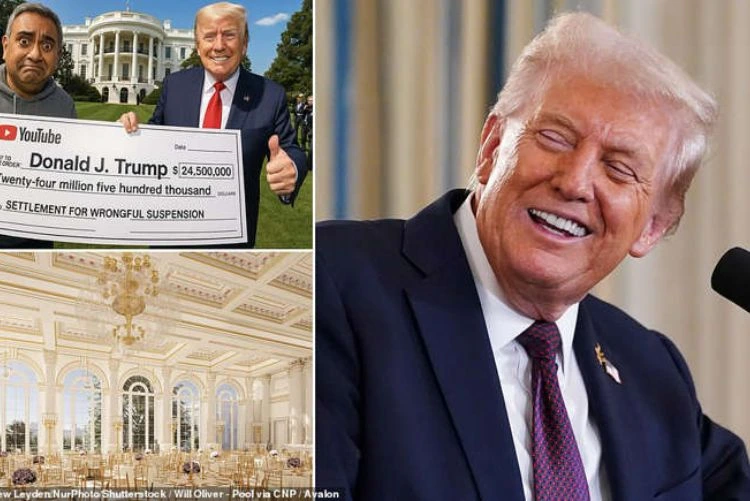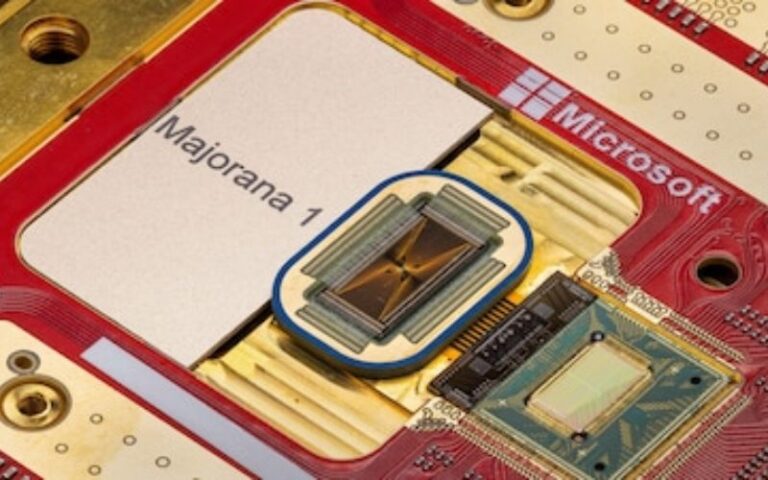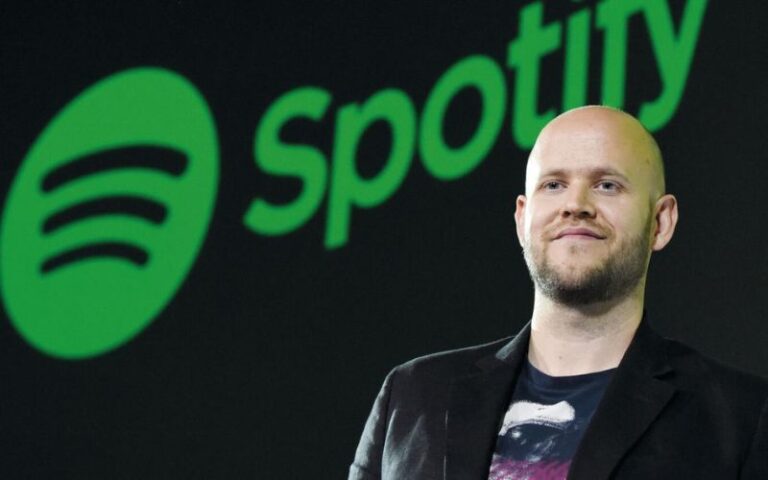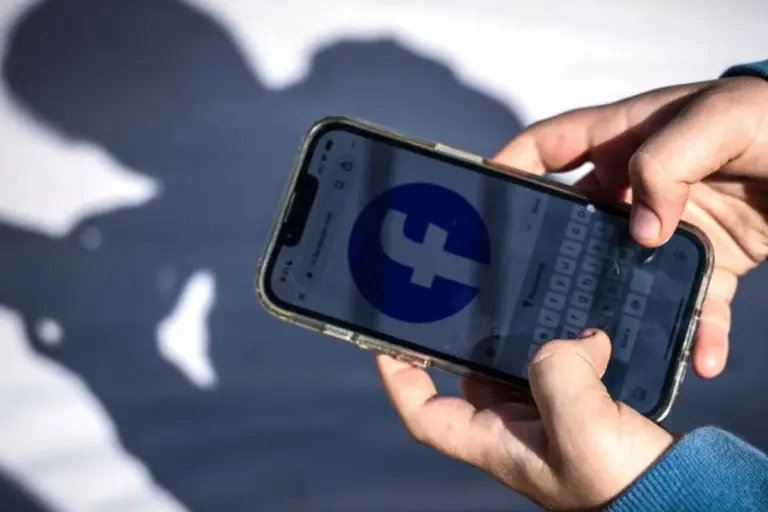Why YouTube Ended Up Paying for Trump’s Ballroom Project

Earlier this week, a big headline shook tech and politics: YouTube (via Alphabet) agreed to pay $24.5 million to settle a lawsuit brought by Donald Trump. But the twist? A large chunk of that settlement is being used to fund a luxurious White House ballroom that Trump wants to build.
When you hear “YouTube” and “ballroom” in the same sentence, it raises eyebrows. How did a media platform end up paying for a construction project like that? In this post, I break down the story, explain the legal and political angles, and explore why many see this as more than just a lawsuit.
What’s the Lawsuit About?
Let’s roll back. The lawsuit grew from Trump’s 2021 claims after YouTube suspended his account following the January 6 Capitol riot. He argued that YouTube, as a platform, violated his First Amendment rights by silencing him. Courts typically don’t treat private platforms like YouTube the same as a government censor, but that’s what this case rested on.
In September 2025, YouTube chose to settle, agreeing to pay $24.5 million. Importantly, they did not admit any wrongdoing. It’s a financial resolution, not a legal concession.
How the Money Got Routed to a Ballroom
Here’s where it gets wild:
-
Of the $24.5 million, about $22 million is being funneled to the Trust for the National Mall, a nonprofit that helps care for Washington, D.C., public spaces.
-
But that $22 million isn’t just for sidewalks or gardens. Trump has directed it specifically toward his planned White House State Ballroom.
-
This ballroom project is not small: the plan is for a 900-seat, 90,000 square foot ballroom replacing the Rose Garden, costing around $200 million.
-
Other tech companies are reportedly also pledging donations to this same ballroom project, including parent companies of YouTube like Google.
So effectively, the settlement is being used as a major funding boost for Trump’s personal architectural goals.
Why This Raises Eyebrows
-
Separation of Power & Influence
Critics say this looks like rewarding a political figure via a private lawsuit settlement. If big tech can be pressured (or negotiated) into paying for the whims of a sitting or former president, what precedent does that set? -
First Amendment Claims vs Private Platforms
Generally, the First Amendment protects against government censorshi,p not decisions by private companies. Many legal experts say Trump’s argument had shaky grounds. -
Vanity Project Funding
A majority of the money is going into a lavish ballroom, not public infrastructure or charity. That makes it feel more like a personal benefit than a public service. -
Tech & Politics Mix
This happens as governments across the U.S. are pressing antitrust or regulatory action against Big Tech. Settling with a high-profile figure could be seen as part of a strategy to ease pressure.
What Trump & His Allies Claim
Trump’s team argues the settlement is simply redress for alleged censorship and account suspension. They emphasize that YouTube isn’t admitting guilt.
They also say directing funds to the National Mall and the ballroom is a charitable or public service gesture. Whether that holds up in public opinion is another matter.
Meanwhile, in public statements, the deal is timed when Alphabet is facing regulation and scrutiny. Some see it as a political deal rather than a purely legal resolution.
YouTube (via Alphabet/Google) agreed to a $24.5 million settlement to resolve Trump’s lawsuit over his account suspension. Instead of Trump pocketing the money directly, much of it is being routed through the Trust for the National Mall toward his planned White House ballroom project. In short, the settlement payout is being funneled into Trump’s architectural vision.
- Xbox Console Games Now Showing in Xbox PC App: Big Surprise for Gamers
- Xbox Cloud Gets Major Upgrade: More Access, Better Streaming & Lower Tiers
Is it legal for a private company to settle a lawsuit and fund a political project?
Yes, private companies can settle lawsuits; however, both sides agree, as long as the terms don’t break campaign finance or corruption laws. In this case, it’s unusual because the money is tied to a “public” project (a ballroom at the White House), but since it goes through a nonprofit, it stays within legal lines. Still, it feels ethically messy, which is why people are questioning it.
Did this weaken regulation efforts against Big Tech?
It could. Alphabet (Google/YouTube’s parent) is facing antitrust pressure and government scrutiny. Settling with Trump, a powerful political figure, may soften his stance or reduce political heat on them. Critics argue this looks like a strategic move to ease regulation battles rather than just a legal compromise.
Who benefits more — Trump or YouTube/Google?
-
Trump benefits with a big public “win”: he sued, he got paid, and he funds his ballroom dream. It boosts his image as someone who can take on Big Tech.
-
YouTube/Google benefits by avoiding a messy court fight, avoiding possible bigger damages, and keeping the focus on a flashy settlement instead of courtroom documents.
Both sides gain something, but politically, Trump probably comes out looking stronger.
What precedent might this set for future political lawsuits?
It sets a tricky precedent: if powerful political figures sue tech platforms, the result might be huge settlements tied to their personal projects. That could encourage more lawsuits or pressure tech companies to settle quickly to avoid trouble. Critics worry this blurs the line between justice and political deal-making.






